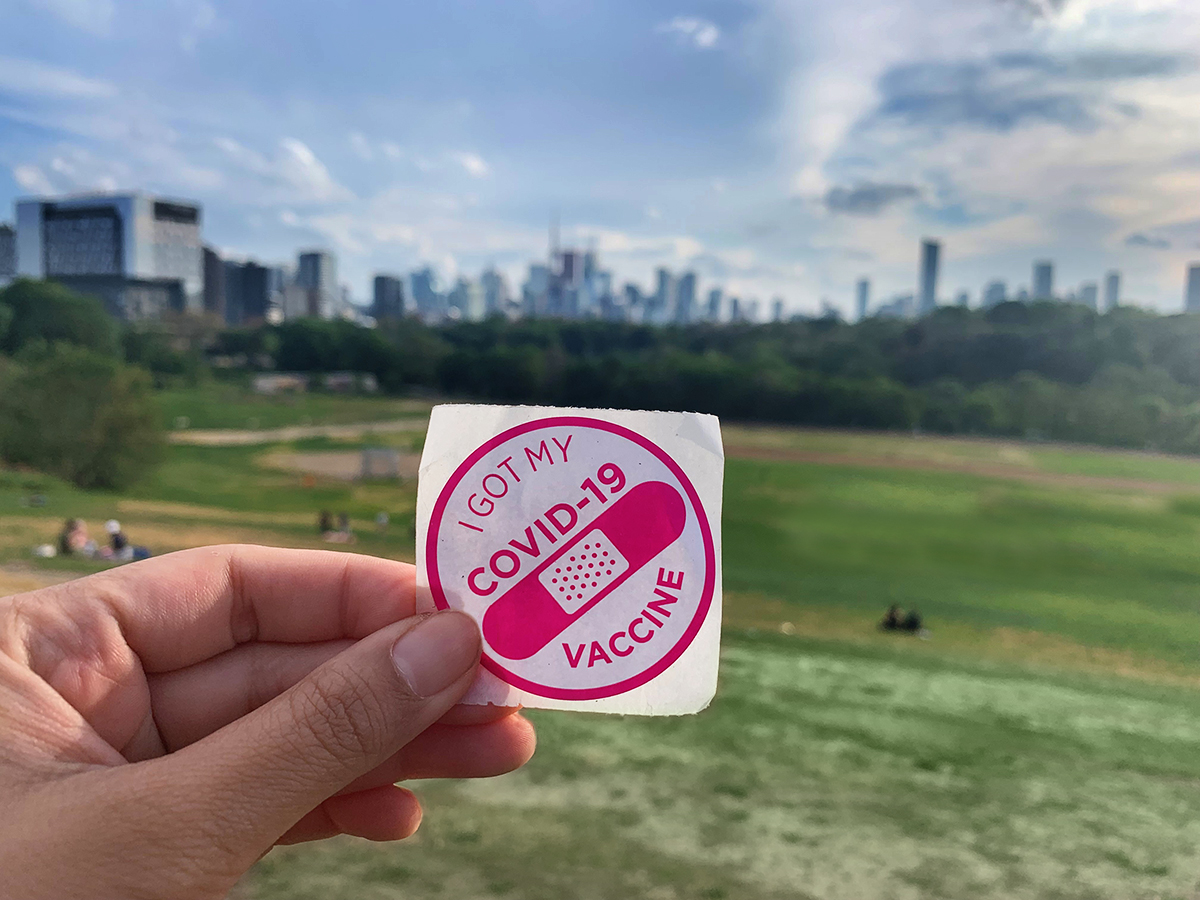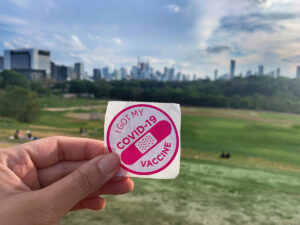Canada boosts funding to help close the vaccination gap
Canada continues its push to close the vaccination gap in certain populations. Even as roughly 80% of eligible Canadians have received at least one dose of the Covid-19 vaccine, medical experts caution a slow down in that rate leaves a significant gap for variants to take hold.
With the easing of the Canada-US border restrictions, which come into effect August 9, fully vaccinated Americans will be able to enter Canada for discretionary travel without observing the mandatory two-week quarantine. It is great news for US citizens who have been unable to enter the country for 16 months. Good for Canadian businesses as well.
More visitors benefit the Canadian economy. However, the new measures open opportunity for the increased circulation of variants that health experts warn may pose greater risk to the unvaccinated Canadian population.
There could be several reasons why roughly 20% of Canadians are still not vaccinated. At this stage in the rollout, supply is not one of them. By the end of this month, Canada will have received up to 68 million doses. Furthermore, Canada has procured over 400 million doses, enough to fully vaccinate the entire population five times over.
Yet, the motives for the slow down in vaccination uptake in terms of first shots persist. For instance, Canada is administering an average of 2.5 million doses per week according to the Covid-19 Tracker Canada. That is a drop of 34% from the week of June 30 when the country hit a peak of 3.8 million shots per week.
Some people may choose to forego vaccination for medical or religious purposes. For others, it may be vaccine hesitancy or not wanting to mix and match doses.
To help encourage vaccine confidence among Canadians, the Federal government is investing in more community projects in support of vaccination efforts across Canada.
On July 20, the Honourable Patty Hajdu, Minister of Health, announced the three newest projects to receive the grants through the Immunization Partnership Fund. One project will receive up to half a million dollars to fund a program designed to offer tailored interventions to increase vaccine literacy and improve access to Covid-19 vaccination for newcomers to Alberta.
Another will centre around Winnipeg’s urban Indigenous population. The Indigenous-led program is designed to promote evidence-based vaccination information in a culturally responsive manner.
The University of Toronto, Faculty of Information, will partner with Refugee 613 to launch another project funded by the Federal government. The initiative is designed to target and counter the impact of informal Covid-19 information circulating in the digital realm for everyone, including newcomers to Canada.
The allocation of funds are in addition to those announced earlier this month directed for projects led by the University Health Network and Women’s College Hospital in Toronto. The objective of these programs is to help build capacity in the personal support worker (PSW) community and to improve evidence-based information. It appears also that the intention is to increase vaccine awareness and boost confidence in immunization.
Photo credit: City of Toronto Twitter




